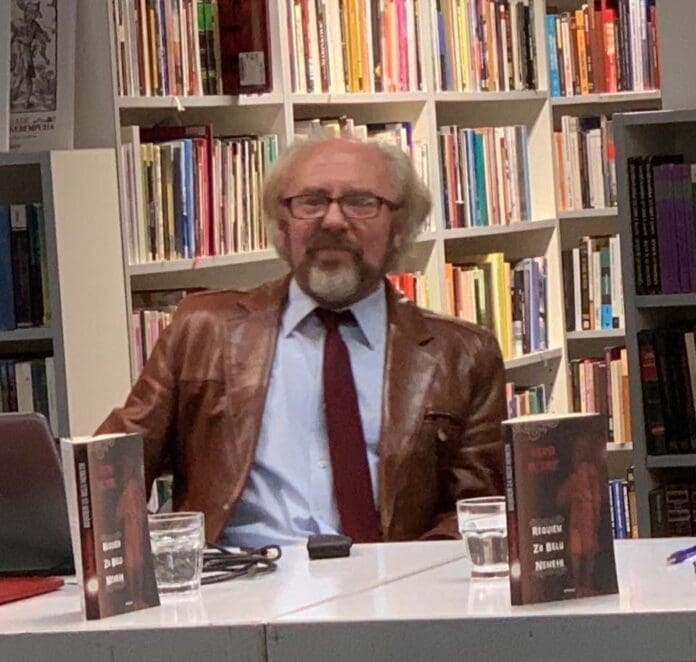In the hearts of our emigrants live two homelands — the one left behind and the one newly found. Few have managed to so harmoniously blend a love for Croatian heritage with the pride of being an Australian citizen as our interviewee, whose name has become synonymous with dedication to the Croatian community in Melbourne.
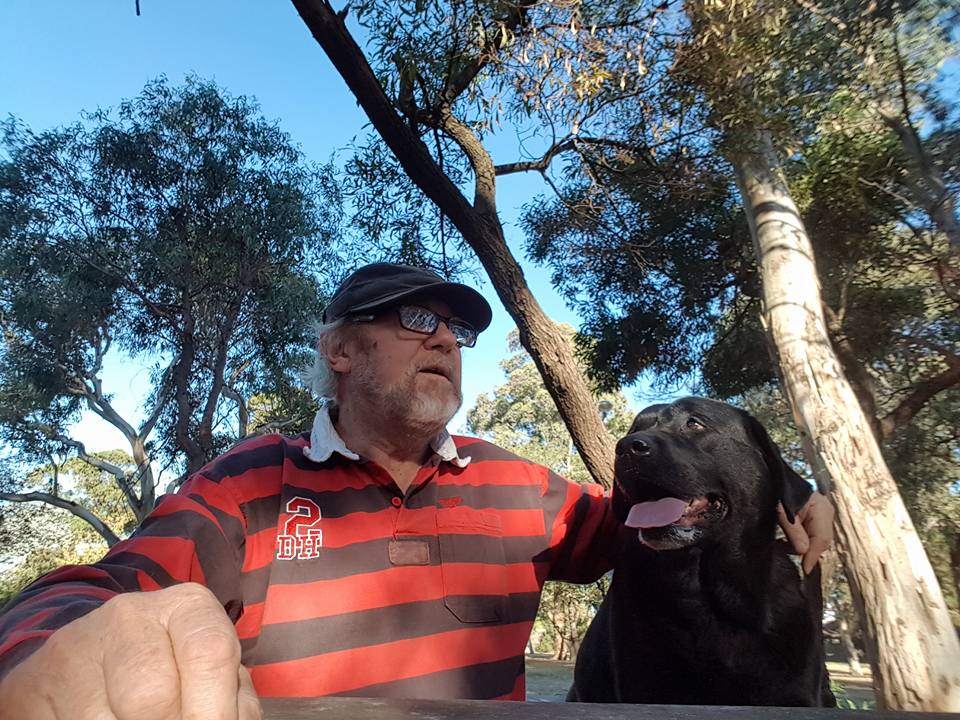
Vladimir Jakopanec arrived in Australia in 1987 as a 37-year-old, at a time when Croatia was still fighting for its independence. What began as an escape from an uncertain future evolved into a lifelong mission to preserve Croatian culture and identity on the other side of the world.
Over more than three decades, Vladimir has been a teacher, a radio and TV presenter, and a restorer of gilded antiques — but above all, an unwavering guardian of the Croatian language and tradition. His novels In the Trap of Nefretitis, Requiem for Bella Nemeth, and Heretics are among the first serious literary works in modern Croatian literature to explore the psychology of emigration.
In this heartfelt interview, we discover how one man never surrendered to nostalgia but instead channelled his love for his homeland into works that will outlive generations. His story is a reflection of all of us who believe that identity isn’t lost with a change of address — it is preserved through action and commitment.
Here is a story of becoming a bridge between two cultures, without losing either one.
Arrival in Australia
Mr Jakopanec, can you tell us when you arrived in Melbourne and what brought you to Australia?
I arrived in Melbourne with my family in 1987, when I was 37. It was a difficult decision at a very challenging time in Croatia, which was still part of Yugoslavia. Everything felt hopeless. Even the idea of war seemed impossible back then, let alone the prospect of a free and independent Croatia.
What were your first impressions of Melbourne and Australian life?
While driving from the airport in a taxi, the first thing I noticed were the eucalyptus trees. The driver told me they were called “gum trees.” The leaves weren’t green, but a dull grey-olive colour — it reminded me of the ‘JNA’ uniforms, which I wasn’t exactly fond of. It felt depressing.
After the first few days, I realised I was far from home and wouldn’t be able to return anytime soon. I began to miss my house, my neighbours, my Zagreb, my Koprivnica where I grew up, and my birthplace, Zagorje. That first year, it felt like I was being crushed by a grief that wouldn’t lift. I forgot all the hardships we had gone through back home — everything there started to seem romantic, squandered, forever lost. But after six months, I started to realise that maybe things were better here — that this country prospers because it respects the basic principles of work, fairness, and mutual respect.
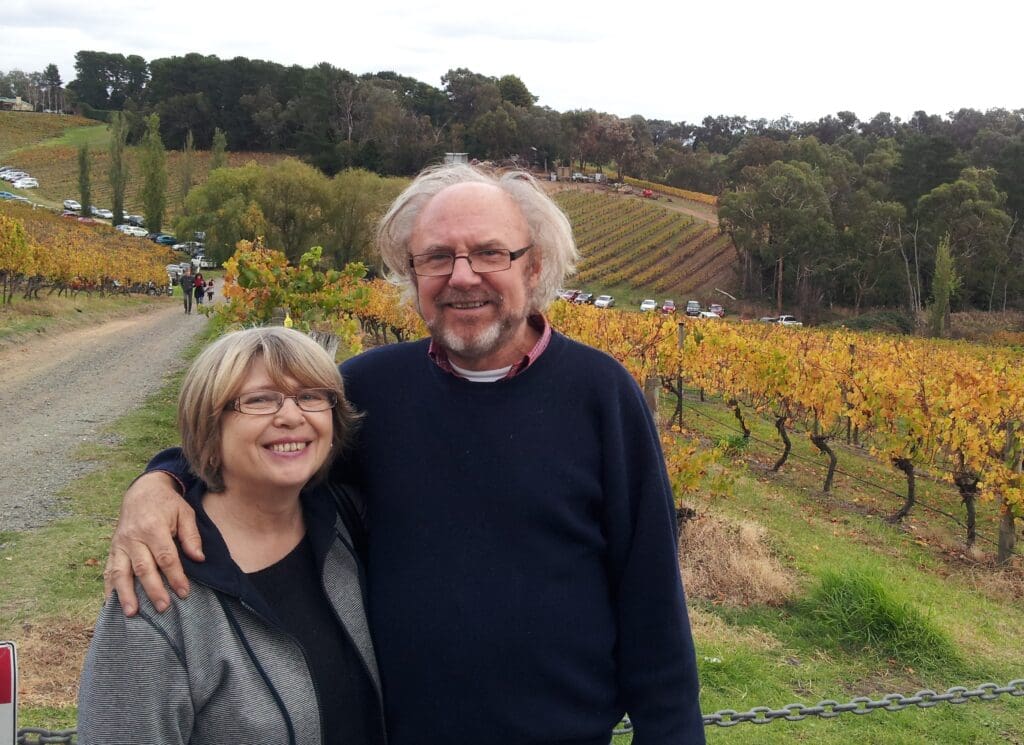
Adapting and Developing Professionally
How did you adjust to the new country and culture? What were the biggest challenges?
The first year was very difficult. I worked in a furniture factory under dreadful conditions, then a few months in a warehouse, and finally as an aged care worker, eventually working in a geriatric hospital. In Zagreb, I had studied Croatian language and theology — naturally, there were no jobs in those areas here.
However, I had always had an interest in woodwork, carving, and gilding with gold leaf. I’d visited workshops in Croatia and practised in my spare time. Around 1989, I opened a studio for the restoration of gilded antiques. From difficult beginnings, the business grew. I even appeared on one of the most-watched TV programs at the time, Don’s Backyard. I restored several Catholic and Orthodox altars, completely refurbished the interior and altar of the Macedonian Orthodox Church in Epping, and, with collaborators, left several beautiful bronze sculptures in Melbourne’s parks.
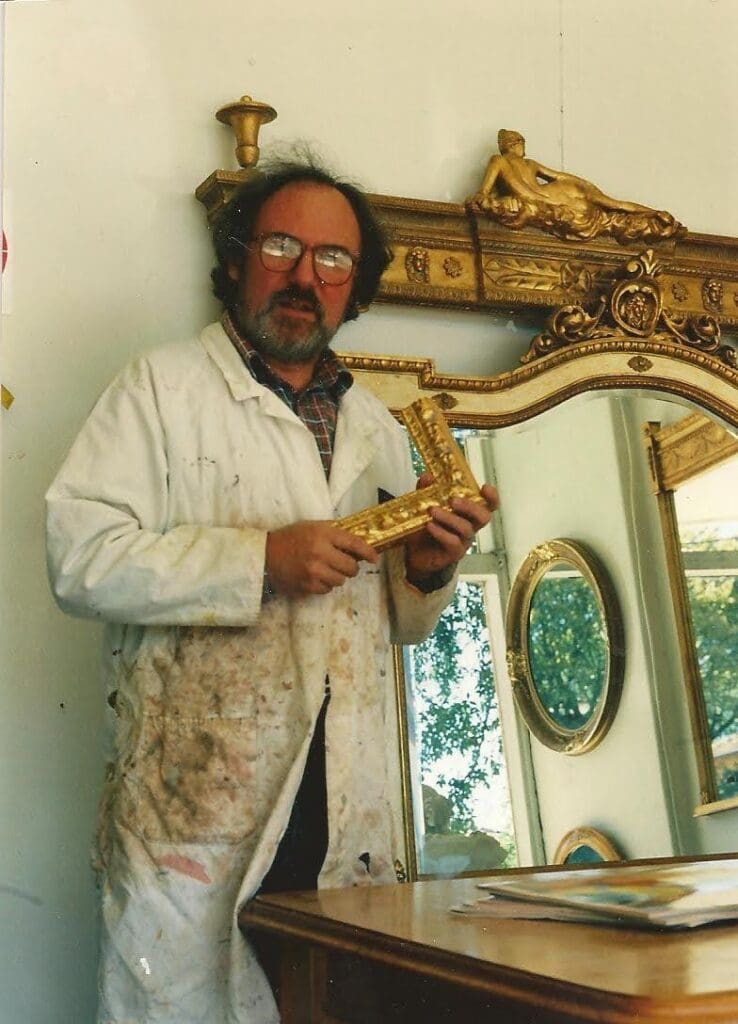
Involvement in the Croatian Community
How long have you been active in the Croatian community in Melbourne?
In 1990, after the elections, I was invited to join the Australian-Croatian Cultural and Artistic Society “August Šenoa” at the parish of the Holy Spirit in Springvale. I was involved there for several years, until the society disbanded. Afterwards, I embraced various opportunities within the Croatian community and have remained active ever since.
What organisations or activities have you been part of?
In the past fifteen years, I’ve mainly worked as a Croatian radio program presenter — briefly on Radio Casey and for eight years on 3MDR in Emerald. I’ve also taught Croatian language at the Victorian School of Languages and the School of Croatian Language and Culture in Clifton Hill. For some time, I worked in a social worker role with Australian Croatian Social Services, helping facilitate social support groups.
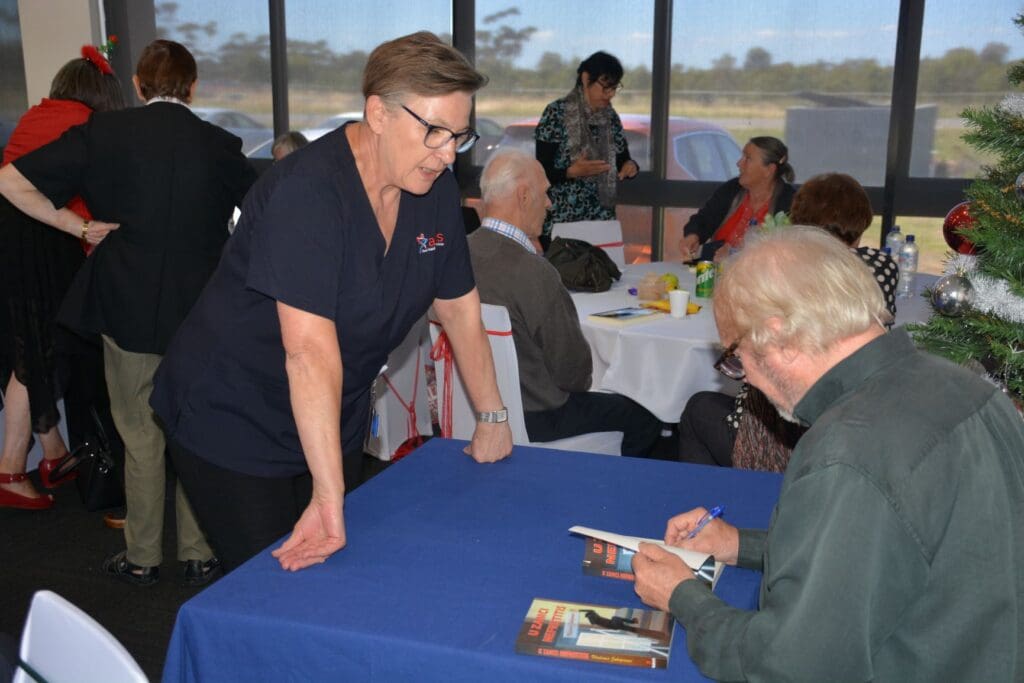
How do you see the role of the Croatian diaspora in preserving identity?
Our language and cultural schools, along with folk dance groups, are essential in helping young people retain the language and customs of their ancestors. It’s encouraging to see the younger generation — born here — taking the lead in running our institutions, as many of us older members are gradually stepping back.
What motivated you to be so active in the community?
At times it came from a sense of responsibility to my people and future generations of emigrants, and often it was a personal need to be among fellow Croatians. Hearing and speaking our native Croatian will always be something special to us. So, if I’m honest, my motivation has been a mix of personal interests, a love of community, and a feeling that I can, in some way, contribute.
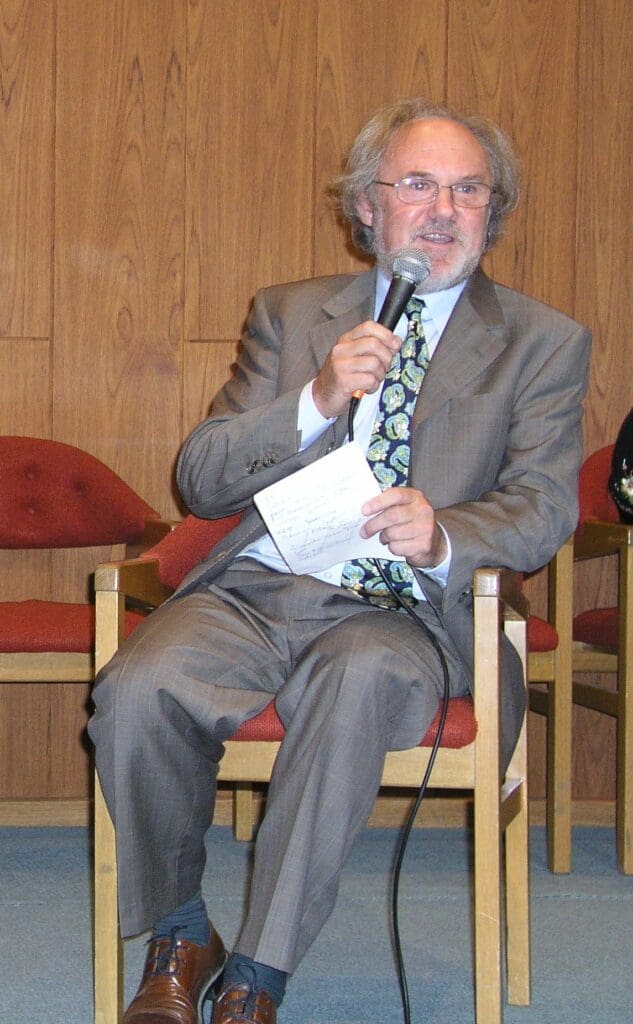
Community Changes Over Time
How has the Croatian community in Melbourne changed over the years?
Yes, the community has changed rapidly over the past 30+ years. Until Croatia became independent in the 1990s, the community here was rather rigid, wary, and hyperactive — understandable, considering it was still under threat from the communist Yugoslav regime and infiltrated by UDBA spies who kept tabs on Croatian migrants.
Today, our community lives more peacefully, like other ethnic groups. We gather around churches, sports clubs, well-organised schools, folklore societies, and economic and cultural forums that connect us to Croatia. Our young people participate actively, and as a result, the Croatian community is now well-respected in broader Australian society.
Writing and Literary Inspiration
When did you start writing, and what drew you to literature?
I began writing in Year 5, when I first encountered the poetry of Dragutin Domjanić — it completely enchanted me. I wrote poems that were occasionally published in Mali novine, a children’s newspaper distributed across Croatia. Later, as a student, I published a collection of mainly spiritual and patriotic poetry. I also started writing short stories, which, sadly, I burned before leaving for Australia.
In 2002, I published another poetry collection in Melbourne, and then in 2015, I published my first novel In the Trap of Nefretitis, in both Melbourne and Split. The inspiration? It’s a kind of inner compulsion. You observe the world, people, events — an idea strikes — and once it does, you feel like a pregnant woman in labour: you either give birth to it, or die. There’s an obsession in it that’s almost impossible to resist.
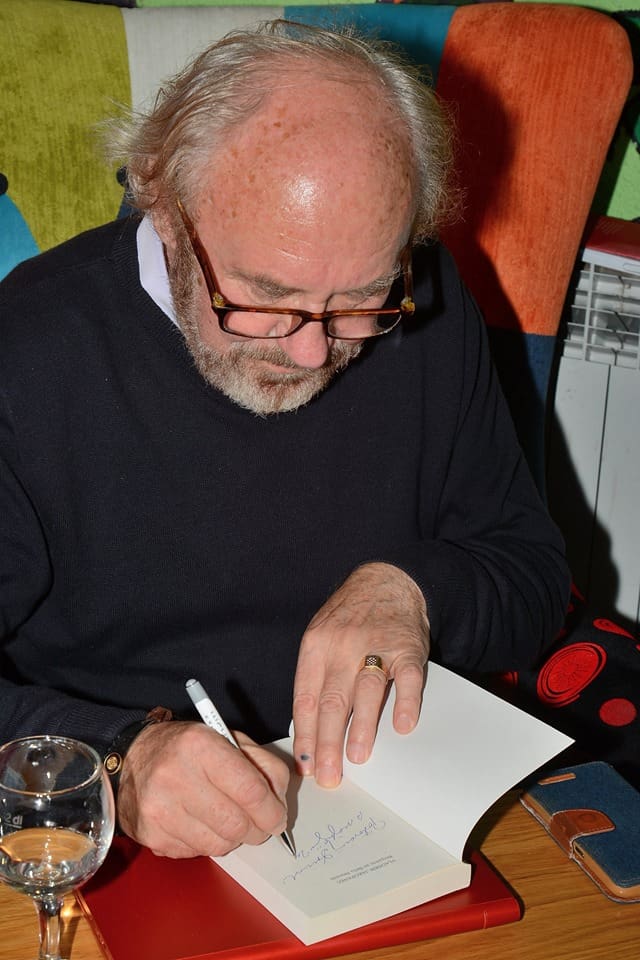
Can you tell us more about your novels and your story collection Omorina?
My first novel, In the Trap of Nefretitis, was written quite quickly here in Melbourne. Between 2015 and 2020, I wrote two more novels and the short story collection.
In the Trap of Nefretitis and Requiem for Bella Nemeth explore the psychology of emigrants. I believe I’m the first in modern Croatian literature to tackle this subject seriously — showing how emigration has its price, its traps, and what can happen if we’re unaware or unable to handle them.
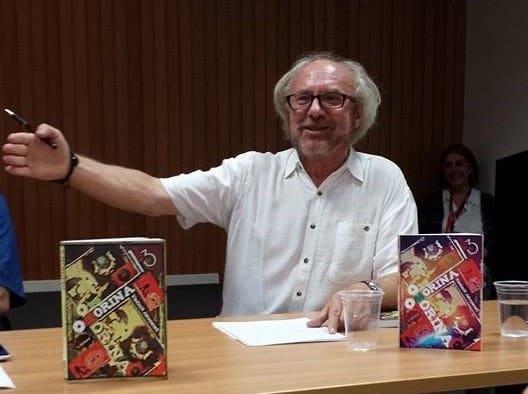
Heretics is a novel I began in Croatia. It deals with the psychology of religion, the idea of belief systems, and how they intersect with social and political ideas, mainly in the Croatian context — spanning the period before WWI, during the war, and through to the Croatian Spring. I explored that social fabric, searching for meaning and understanding of the tensions I personally experienced.
Language and Writing in the Diaspora
How do you manage to write in Croatian while living in an English-speaking environment?
Actually, living in a non-Croatian environment pushed me to write in Croatian even more — I missed it. Writing helps me maintain my inner balance between who I am by birth and language — a Croat — and who I risk becoming — an Australian slowly forgetting his mother tongue. So English doesn’t interfere with my Croatian; in fact, it motivates me to keep it alive and fresh.
Where do you publish your work? Which books are available in English?
All my books — except the early poetry collections and In the Trap of Nefretitis — have been published in both Croatia and Australia. In Australia, they can be found at Zagreb Bookshop in Preston, or ordered through:www.aspectum.com.au
sales@aspectum.com.au
In Croatia, they can be ordered via:www.webknjizara.hr
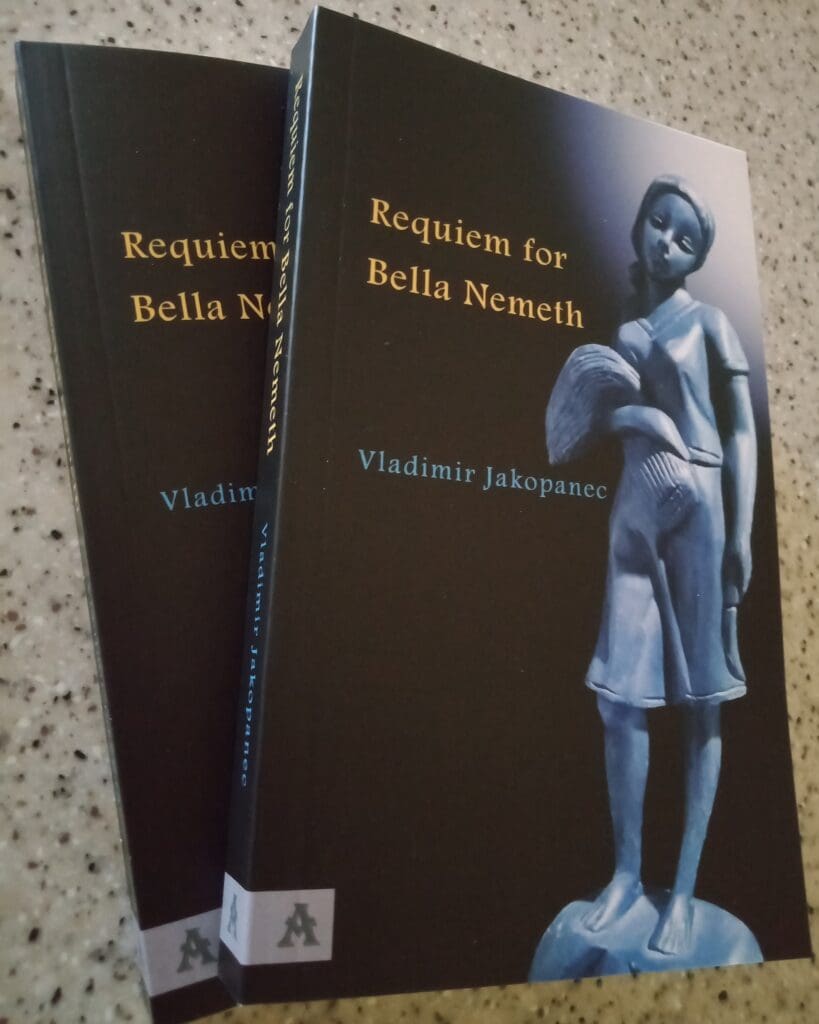
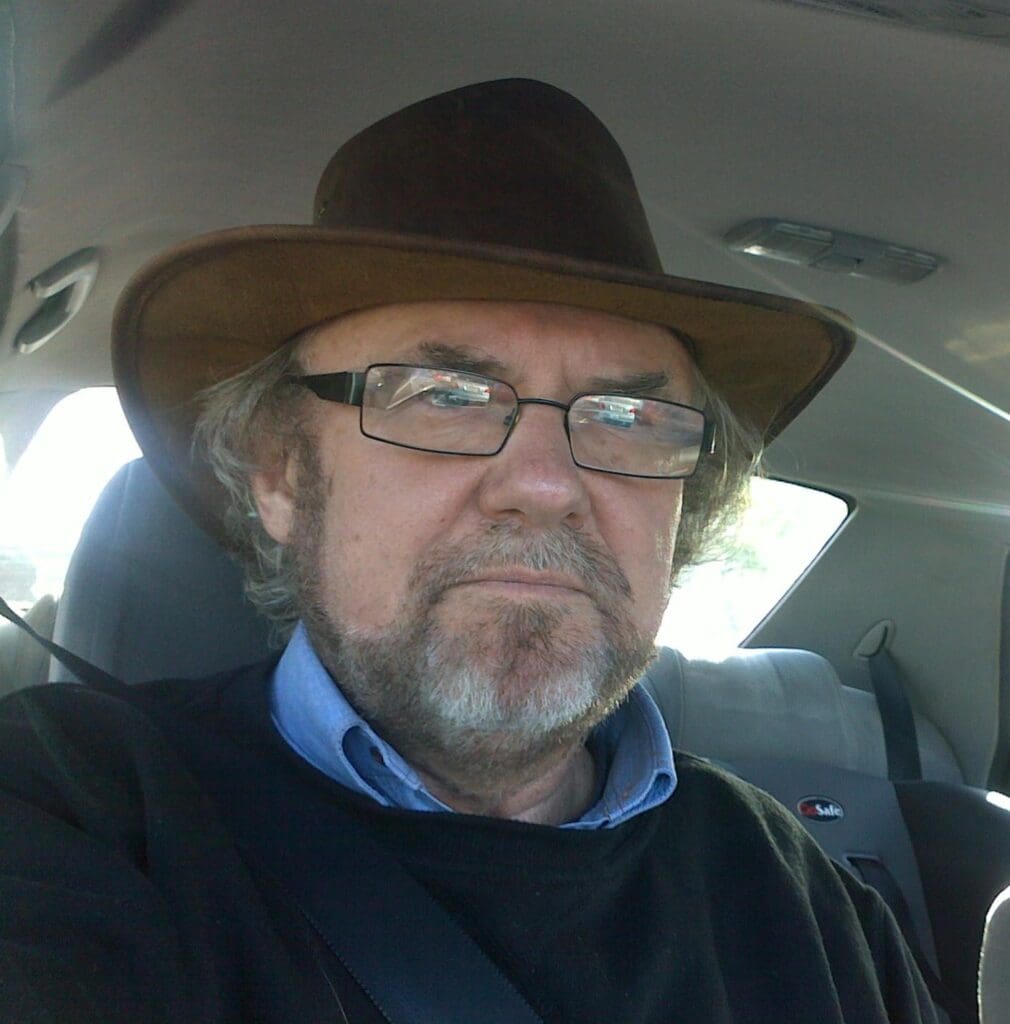
Connection with Croatia
How often do you visit Croatia and what is it like returning?
I first visited 15 years after emigrating, and it felt like a dream. I had left a grey, impoverished, Yugoslav-occupied Croatia — every building grey. But in 2002, everything was bright and open. The cities sparkled — Zagreb, Varaždin, Koprivnica — and reconnecting with friends was indescribable. Since then, I go every two or three years — it’s now a routine.
Do you follow the Croatian literary scene and stay in touch with writers there?
Yes, I do. I’m in touch with several writers and critics in Croatia, thanks to whom my books have been presented at the Croatian Writers’ Association and Bogdan Ogrizović Bookstore in Zagreb. My latest novel was even presented at the National and University Library forum.
What is the state of Croatian literature in the diaspora?
It seems like no one is really paying attention to diaspora writers. Maybe I’m just out of the loop, but aside from a few older poets here in Melbourne, I don’t know of anyone writing seriously. Unless something changes soon, I don’t see a bright future for literature here in Australia.
The Croatian Heritage Foundation does keep us informed about global publications through their magazine Matica, but there are no structured efforts to support diaspora writers with publishing or distribution.
It would be much easier if someone unified and supported diaspora writers. That would definitely inspire younger generations to pick up the pen.
Hobbies and Craftsmanship
We’ve heard you’re quite skilled in woodwork. How did that start?
As a boy, I was always carving things with a little knife. Later, I combined gold and wood in my restoration work. But only recently, now that I have more time, I’ve learned woodturning through YouTube. I shape all sorts of forms — almost bordering on art. I love taking a rough or even rotting piece of wood and giving it new life — turning it into something beautiful that might live on as a decorative object in someone’s home.
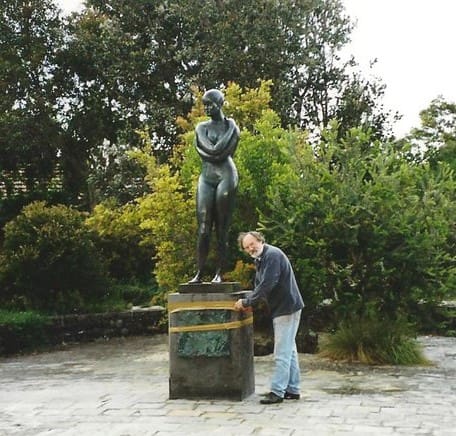
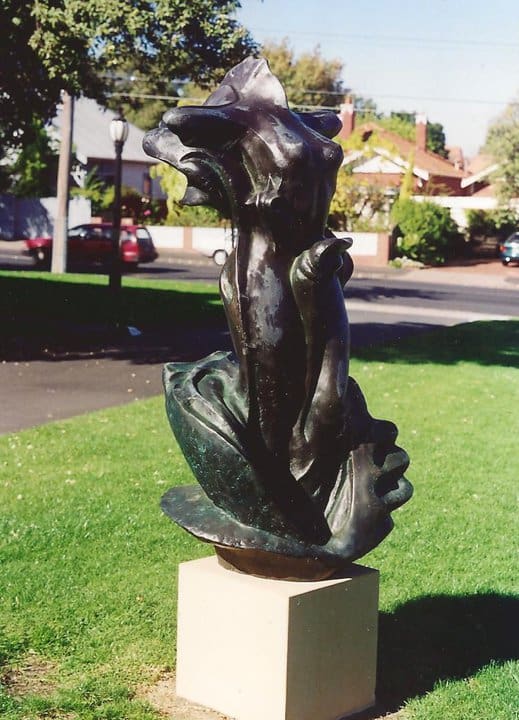
What does your typical day look like now?
Wonderful. Retired, no obligations, no pressure to get up early or meet others’ expectations. I spend time doing what I love. My wife and I can take short trips whenever we like.
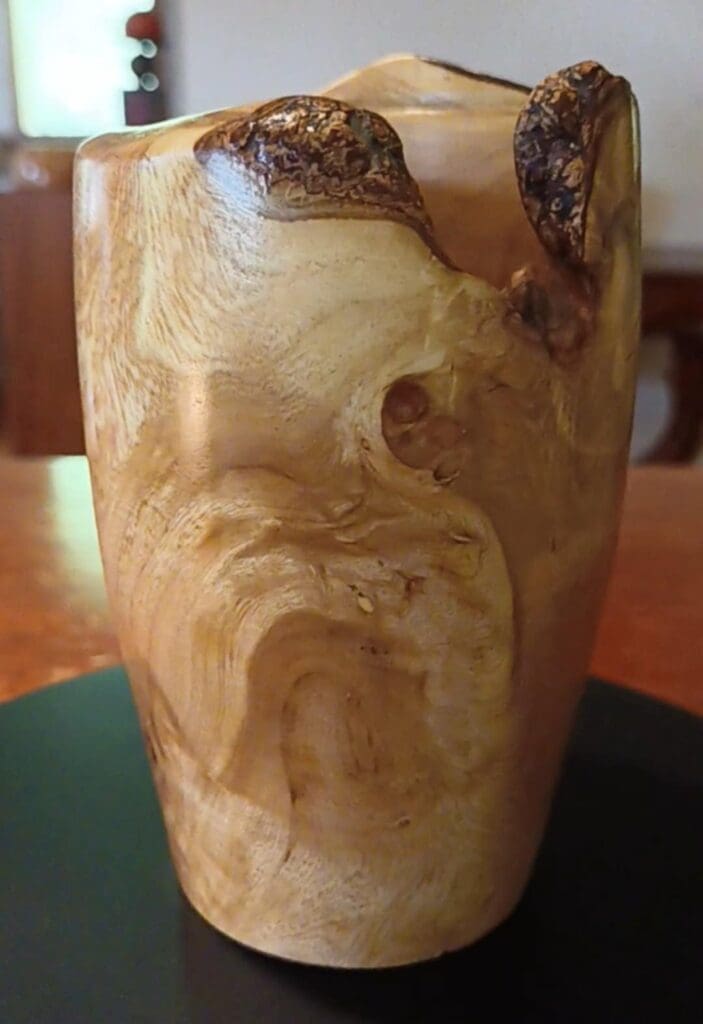
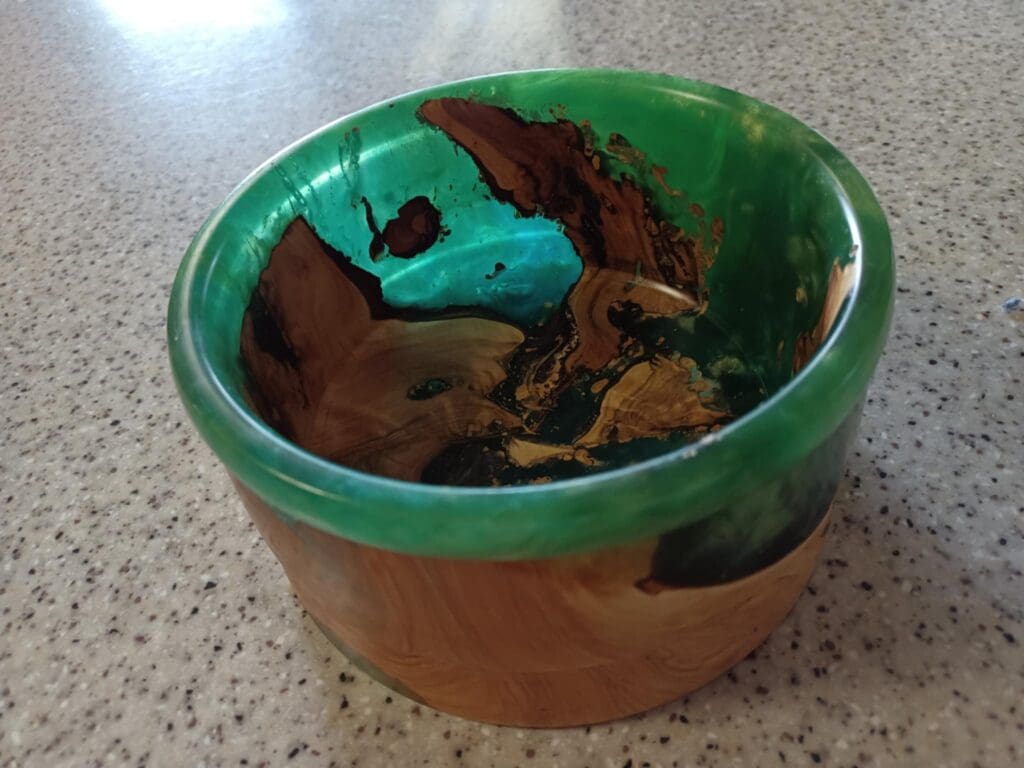
Do you plan to write more? What are you working on now?
I’m finishing a historical novel that may round off my writing journey, if I may be so bold. It’s about an extraordinary man — one of the Croatian popes, Sixtus V, or Felice Peretti as he was known in Italian — originally Sretko Krušković. Not many Croats know we produced two popes: John IV in the 6th century (born in Solin), and Sixtus V in the 16th century — born in today’s Italy to a Croatian father from Kotor. I hope our people will find it an interesting read.
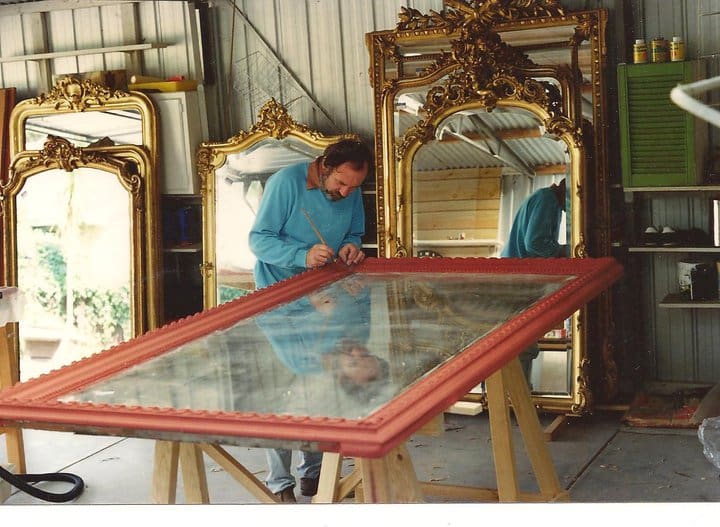
A Message for the Future
What are your hopes for the Croatian community in Melbourne?
It’s a vibrant community. It could be more active in some areas, but no one’s perfect. I hope it remains lively and open to everyone who wants to be part of it. May our churches stay full, our sports grounds bustling, and may young people be involved everywhere. As for us older ones — may we always be there when needed.
What message would you give to young Croats in the diaspora?
Learn Croatian. Get involved with Croatian clubs, churches, and sports teams. Don’t forget your roots — they are what make you who you are. You’ll never be Irish, English, or French. You are Croatian — stay that way, wherever life takes you. Croatia is an old and proud country. Be proud to be Croatian.
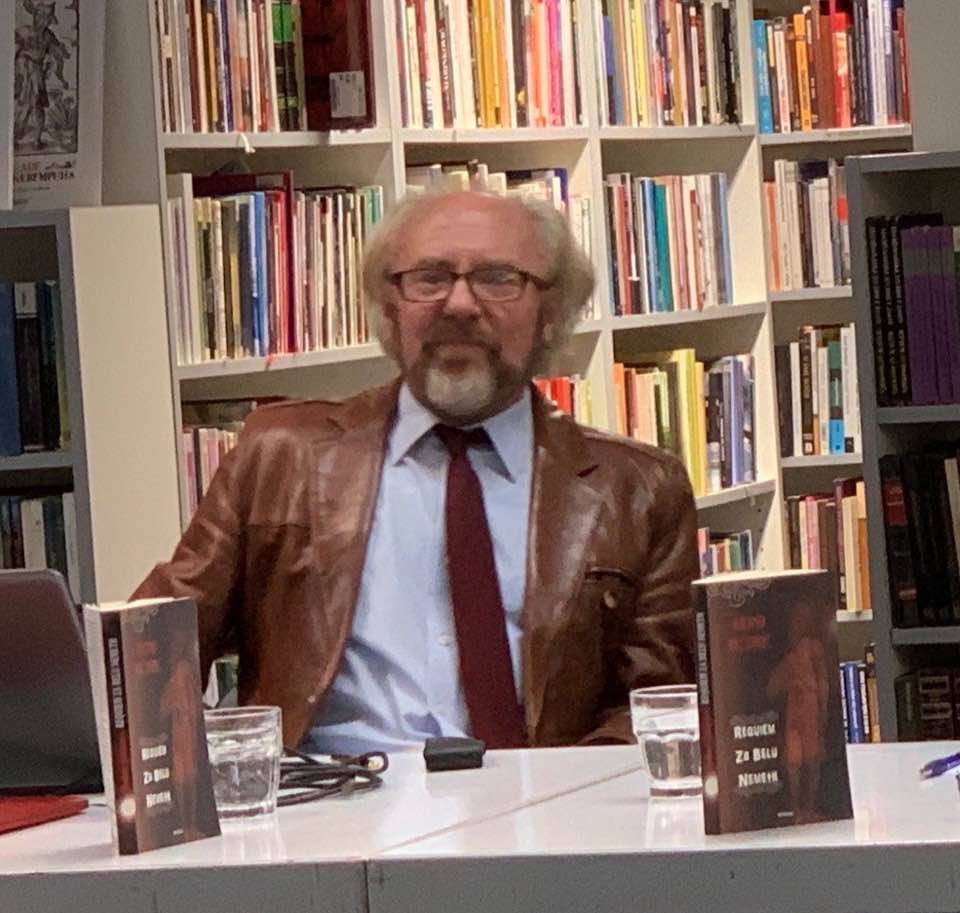
How do you see your role in preserving and passing on Croatian culture?
Well, I’m at an age where not much more can be expected from me, but while I had the energy, I tried to pass on something of the intangible wealth I’ve gathered. I spent nearly fifteen years teaching our youth the Croatian language, alongside all my other work. I hope my writing — especially if translated into English — will help the younger generation understand who they are and maybe inspire them to leave something for those who come after them.
Above all, I’m grateful to the Croatian community I belong to — for the chance to contribute in any way I can to its wellbeing and future.

